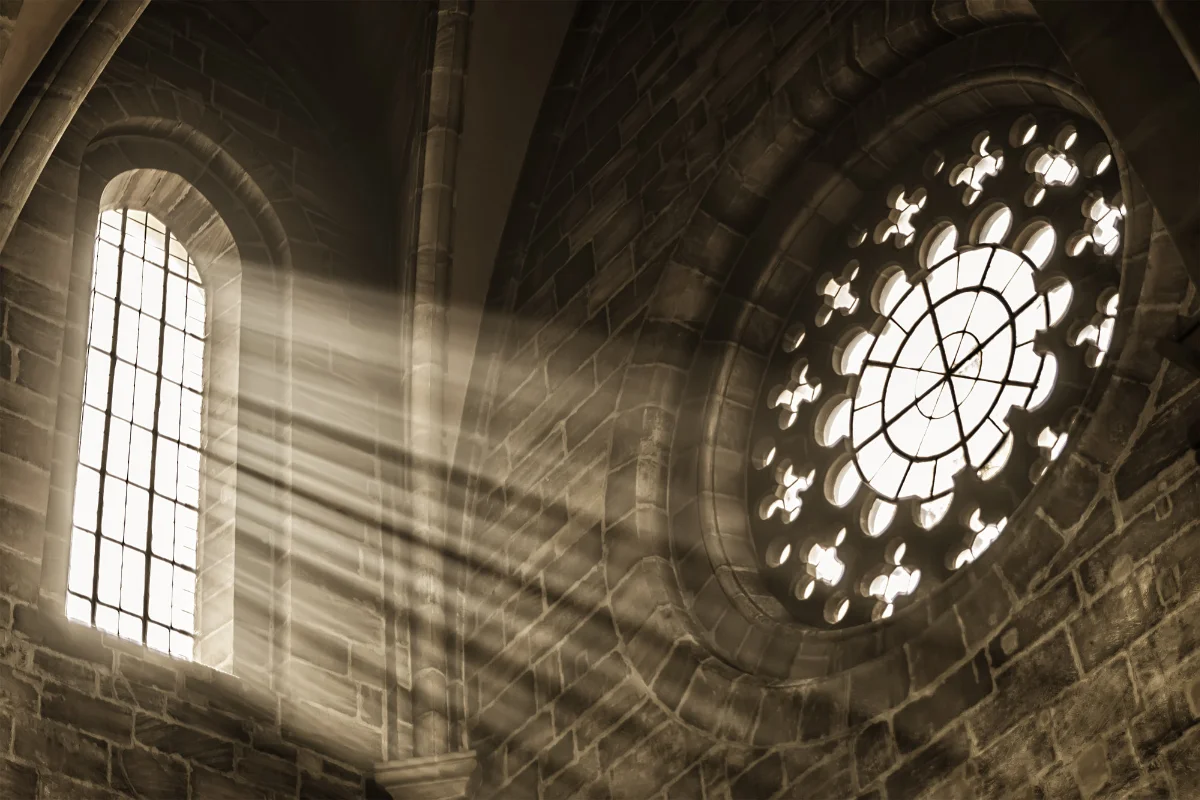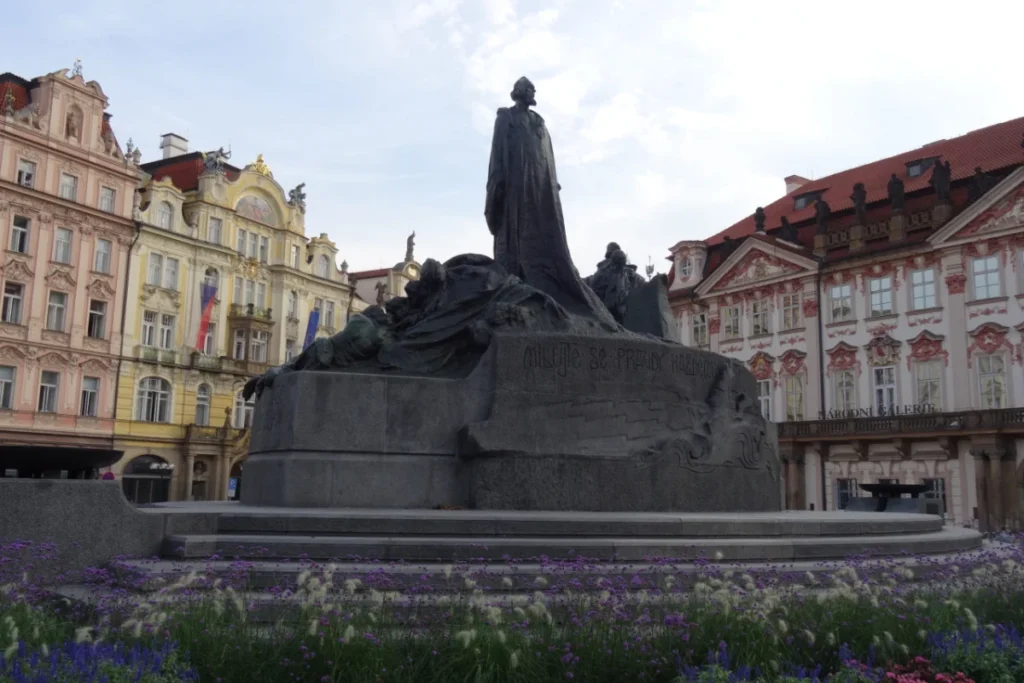
Blog
Rediscoveries of the Reformation

The year was 1977. The man was Manolis Andronikos. He was a Greek archeologist, and he discovered a priceless treasure in the town of Vergina, in northern Greece. Andronikos and his team unearthed a burial ground of ancient Greek kings, including the famed Philip II of Macedon, Alexander the Great’s father. The treasures were priceless, both monetarily and historically. Andronikos was a hero, not because he created the burial site, but because he rediscovered it. He recovered a treasure which had been lost for centuries.
The year was 1517. The man was Martin Luther. He was a Roman Catholic monk, and he discovered a treasure of infinitely more value than anything on earth. Luther and the other Reformers didn’t create the theological truths we associate with the Reformation. They unearthed them, sweeping aside centuries of Roman Catholic tradition, mysticism, and intimidation. They uncovered and unleashed the lifechanging, world-changing truths which we often summarize as the Five Solas of the Reformation:
- Sola Scriptura—Scripture Alone!
- Sola Fide—Faith Alone!
- Sola Gratia—Grace Alone!
- Solus Christus—Christ Alone!
- Soli Deo Gloria—Glory to God Alone!
Five centuries later, these truths continue to inspire Christians and save sinners. What heroes like Luther, Calvin, Zwingli, Knox, and countless others rediscovered was nothing short of the unvarnished, unamended, unmuted gospel of Jesus Christ. They treasured and heralded these truths at great personal sacrifice.
Were these men perfect? Of course not. We should have the honesty to avoid whitewashing their faults and canonizing them. But we should also have the humility to realize that we stand on their shoulders and on five hundred years of biblical teaching. What they perceived, preached, and published in such a dark time is nothing short of remarkable. We should marvel at it and thank God for it.
(Taken from the Introduction to Gospel Meditations on the Reformation, a 30-day devotional by Chris Anderson, Joe Tyrpak, Carl Trueman, and Andy Naselli, intended to celebrate the 500th anniversary of the Protestant Reformation by reminding Christians of our rich legacy.)











